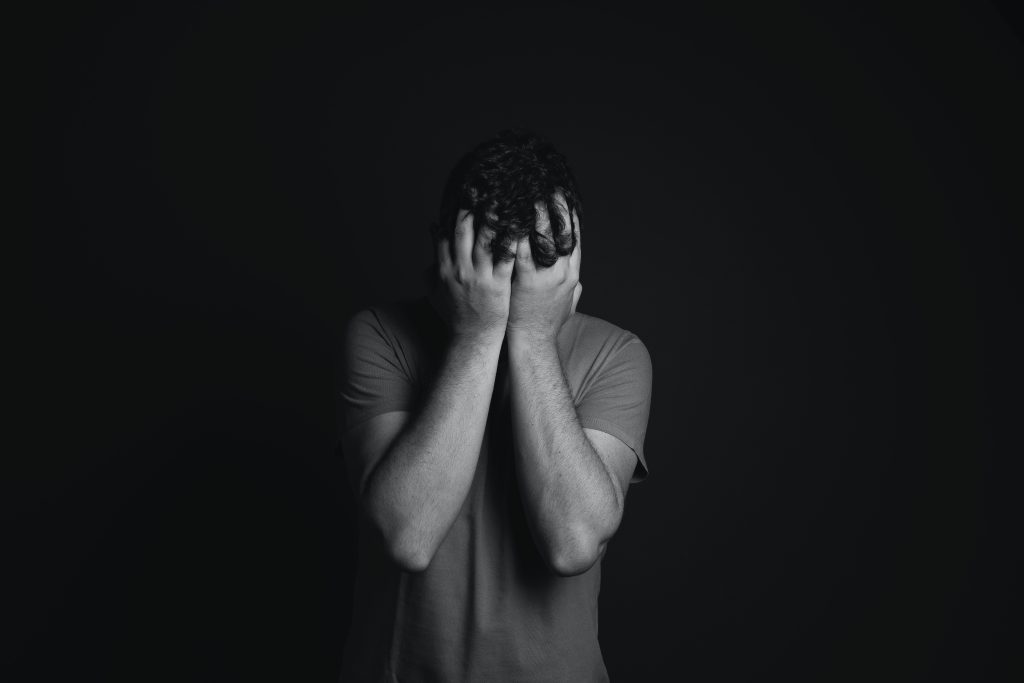
By Gabriela Baron
Affordability and stigma hinder Fililipinos from seeking mental health care, according to a study conducted by Harvard University.
In a research conducted by the university’s Harvard Humanitarian Initiative (HHI), it found that despite the decrease in barriers to access and treatment and stigma since the COVID-19 pandemic started in 2020, the two reasons remained the top-ranked barriers to accessing mental health services in the country.
The study was conducted by local mental health and psychosocial (MHPSS) support providers in the recently published study by HHI Resilient Communities program in cooperation with the Philippine Psychiatric Association and Psychological Association of the Philippines.
Local MHPSS providers noted high financial costs of mental health care (40%) as the top barrier.
The other top five barriers were stigma-related, such as feeling embarrassed or ashamed (35.9%), concern that they might be perceived as “crazy” (31%) or weak (30.3%), and concern about family (22.4%) and other people’s reactions (22.1%).
However, 65% of the respondents said that barriers to access and treatment stigma have decreased since the onslaught of the pandemic.
“These study findings are promising in that they suggest that in the face of widespread challenges posed by pandemics or disasters there is a reduction in stigma related to seeking mental health care,” Dr. Vincenzo Bollettino, Program Director of the HHI Resilient Communities, noted.
“Further, greater accessibility to mental healthcare services through telehealth create opportunities for providing care for those that may not otherwise seek support because of distance, travel costs, or other similar barriers,” Bollettino continued.
Perceived mental health concerns
Over 97% of the respondents noted an increase in mental health concerns, they observed an increase in anxiety (97.9%), depressive disorders (97.2%), bipolar and related disorders (49%), trauma-related disorders (46.2%), and suicide risk behaviors (44.2%).
Increases in schizophrenia spectrum and other psychotic disorders (24.8%), substance-related and addictive disorders (16.6%), and obsessive-compulsive-related disorders (13.1%) were less frequently reported.
A total of 145 MHPSS providers, including psychiatrists and psychologists, participated in the study. -ag
If you or someone you know is struggling with mental health matters, call the National Center for Mental Health hotline at 0917-899-USAP (8727) for Globe; 0908-639-2672 for Smart; or 1553 (landline to landline, toll-free). You may also call Hopeline PH: 0917-558-4673, 0918-8734-673, 880-44673, or In Touch: Crisis Line: 0928-8937-603.
